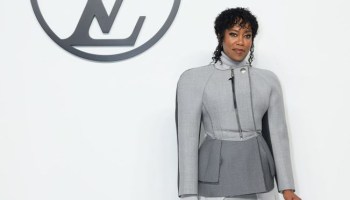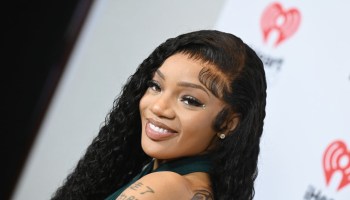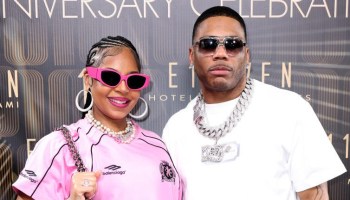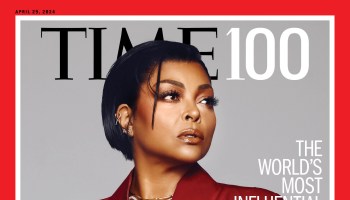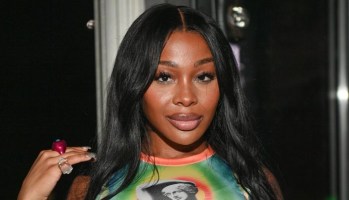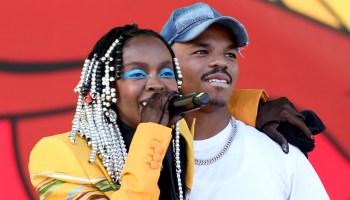Cultural appropriation, while not new, has taken center stage in national conversations in past months, with the onslaught of White mainstream musicians adopting the fashion, music and speech associated with Black culture or subsets of said culture.
In fact, following former-Disney star Miley Cyrus’ insistence on “twerking,” Black feminists, scholars and pundits used think pieces and Twitter to dissect the problematic manner of Cyrus and her appropriating counterparts (read Katy Perry and Iggy Azalea). It ended up being these vehicles that amplified the voices of the oppressed and disenfranchised. And while necessary, especially coupled with the silence of these stars during the national eruption of protests to denounce state violence against Black communities, appropriation (like it does) continued.
Rampantly.
Enter 16-year-old Amandla Stenberg, actress, star of The Hunger Games, student, and now…our hero. In a newly released video dubbed Don’t Cash Crop My Cornrows — a short produced by Stenberg and a fellow student for their history class — the actress gives a succinct and powerful “crash discourse” on appropriation that ends with the question Black communities have been asking for, well, forever.
“What would America be like if we loved Black people as much as we love Black culture?”
What would it be like? What would America be like if White Australian women who took to speaking like they were from America’s South stood up for Michael Brown Jr.? What would happen if Miley Cyrus decided to show up at a protest, not show out at a concert? Would the world be a better place if Madonna, Riff Raff and Kendall Jenner hadn’t adopted cornrows and gold grills and turned the necessity of Black hairstyles and accessories we originated from stereotypical Black fare to edgy, bold trends?
Would cornrows then look trendy on us? We’d probably be in a much better place had this not occurred.
“In 2014 in one of her videos called ‘This Is How We Do,’ Katy Perry uses ebonics and hand gestures and eats watermelons while wearing cornrows before cutting inexplicably to a picture of Aretha Franklin.”
Yes, that happened. And Perry is just one offender.
In only four minutes, Stenberg dives into both the side of appropriation that perpetuates stereotypes of Black people and the side that diminishes and ignores the originators of the adopted culture (and, in many cases, fails to understand the purpose behind what they choose to appropriate).
“Appropriation occurs when a style leads to racist generalizations or stereotypes where it originated but is deemed as high-fashion, cool or funny when the privileged take it for themselves,” Stenberg says towards the end of the video. “Hip-hop stems from a Black struggle. It stems from jazz and blues, styles of music that African-Americans created to retain humanity in the face of adversity, which itself stems from songs used during slavery to communicate and survive.”
She adds: “On a smaller scale, but in a similar vein, braids and cornrows are not merely stylistic — they’re necessary to keep black hair neat.”
And in many ways, Stenberg’s delivery about cultural appropriation and the reality that those who partake seldom care or understand how damaging it can be, echoed Black rapper Azealia Banks’ sentiments — the artist often takes to Twitter to denounce White artists who mindlessly cash in on Black culture without supporting Black people.
its funny to see people Like Igloo Australia silent when these things happen… Black Culture is cool, but black issues sure aren’t huh?
— AZEALIA BANKS (@AZEALIABANKS) December 4, 2014
Well said. Watch Stenberg’s video and sound off below in the comments.
SOURCE: Tumblr | VIDEO SOURCE: YouTube
RELATED STORIES:
Racist Tweets Circulate After “Hunger Games” Character Rue Is Black
Black Girls Continue To Rock With #BlackOutDay Selfies
You Need To Watch This Video Of ‘Hunger Games’ Star Amandla Stenberg Schooling The World On Cultural Appropriation was originally published on newsone.com








